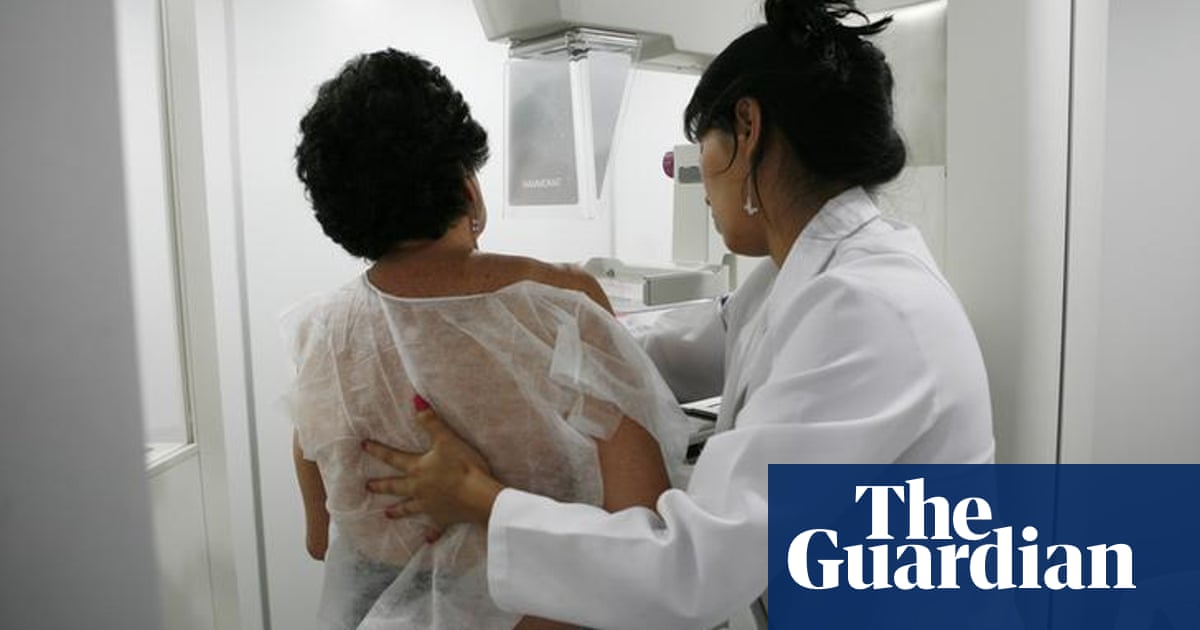
About 3,500 people in England can die in the next five years from one of the four main cancers (breast, lung, esophagus, or intestine) as a result of delays in diagnosis due to Covid-19, research shows.
Many of these will be young or middle-aged people, researchers say in the journal Lancet Oncology.
“Our findings demonstrate the impact of the national Covid-19 response, which may shorten the lives of thousands of people with cancer in England in the next five years,” said Dr. Ajay Aggarwal of the London School of Hygiene & Tropical Medicine, Who led the investigation.
Routine cancer screening tests were suspended during the shutdown, the authors said. So was the routine referral to hospital outpatient departments of people with symptoms that could be more than just cancer. Only those who are deemed to need emergency care by the GP or those who go to A&E are being picked up. Inevitably, those are people with more advanced cancers. If cancer is detected at an earlier stage, successful treatment and survival are much more likely.
“While attention is currently focused on diagnostic pathways where cancer is suspected, the problem is that a significant number of cancers are diagnosed in patients waiting to be investigated for symptoms that are not considered cancer related. Therefore, we need a system-wide approach to avoid the expected excess deaths, “said Aggarwal.
On average, those who die would have lived for 20 more years if their cancers had been identified quickly, without the delay caused by the coronavirus pandemic, the document shows.
“These estimates paint a sobering picture and reflect the many young people affected by cancer in the prime of life during their most productive years,” said Professor Richard Sullivan of King’s College London, co-author of the study.
Lack of routine screening tests, reluctance of people to contact their GP, and other delays in diagnosis could lead to an estimated 8-10% increase in breast cancer deaths (equivalent a between 281 and 344 additional deaths by 2025). colorectal (bowel) cancer deaths by 15–17% (1,445–1,563), a 5% (1,235–1,372) increase in lung cancer deaths, and a 6% (330–342) increase in deaths for esophageal cancer in the next five years.
The researchers are calling for social media campaigns to make people aware that the risk of death from cancer by delaying diagnosis may be higher for many people than the risk of dying from Covid-19. Health professionals must be duly informed on how to manage the risks of Covid-19 from the diagnostic procedures.
Aggarwal said they had estimated there would be a nearly 20% increase in preventable deaths from bowel cancer. “To prevent this from becoming a reality, it is vital that more resources are urgently available to endoscopy and colonoscopy services that are currently handling significant delays, and that patients immediately report to their GP if they have gastrointestinal symptoms worrying, “he said.
.